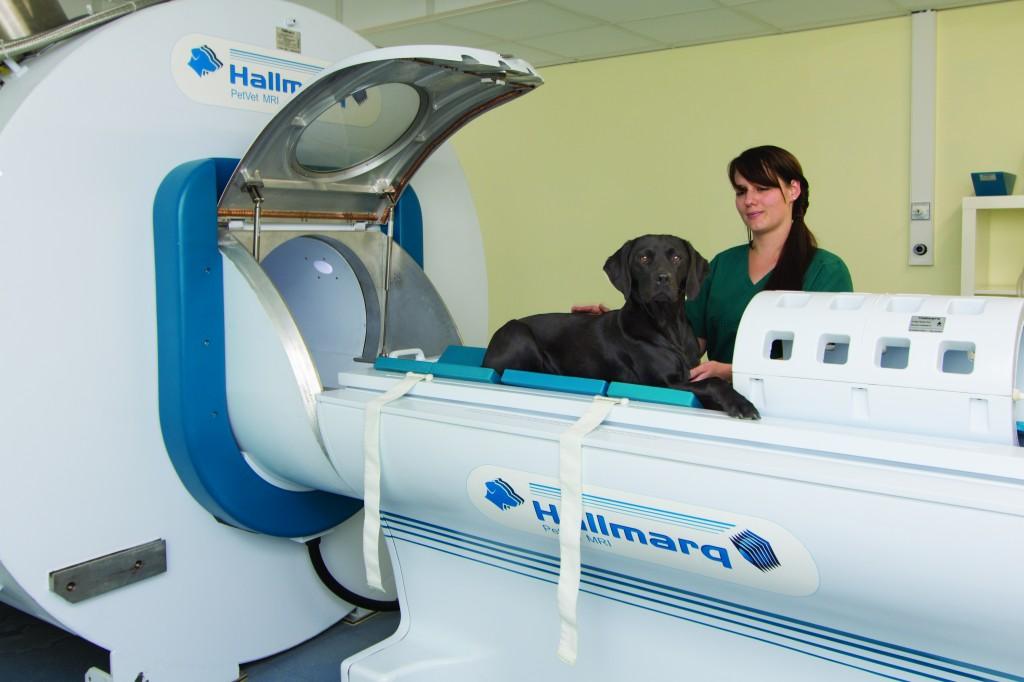Veterinary MRI Systems Market Embraces AI Integration and Portable Devices for Better Clinical Efficiency

The veterinary MRI systems market is poised for significant transformation in the coming years, driven by advancements in medical imaging technologies, growing awareness of animal health, and increasing demand for accurate diagnostic tools in veterinary practices. As pet ownership continues to rise globally and veterinary care becomes more sophisticated, magnetic resonance imaging (MRI) is playing a pivotal role in identifying a wide range of animal health issues, from neurological disorders to musculoskeletal injuries.
MRI systems offer superior soft-tissue contrast resolution compared to other imaging modalities like X-rays and CT scans, making them invaluable in veterinary diagnostics. Traditionally, high costs and bulky designs limited their use to large, specialized veterinary hospitals. However, recent innovations have led to the development of more compact, affordable, and animal-specific MRI systems, allowing broader market adoption among small to medium-sized veterinary clinics.
One of the primary drivers of growth in the veterinary MRI systems market is the increasing investment in companion animal care. Pet owners are now more willing to spend on advanced diagnostics and treatments for their pets, a trend bolstered by the humanization of animals. This cultural shift is creating greater demand for accurate, non-invasive imaging procedures, further enhancing the appeal of MRI systems in veterinary medicine.
Technological advancements are another key factor shaping the market's future. Innovations such as high-field MRI (1.5T and above), improved coil designs, and faster scanning techniques are improving image quality while reducing scan times and anesthesia risks for animals. Additionally, software enhancements using artificial intelligence (AI) and machine learning are streamlining image interpretation, allowing veterinarians to make quicker and more accurate diagnoses.
The integration of AI and data analytics into veterinary MRI systems is expected to play a major role in the market’s evolution. AI-powered imaging software can detect anomalies more efficiently and help veterinarians prioritize cases based on severity. These technologies can also reduce the time needed for post-processing, increasing throughput and reducing overall costs. As AI becomes more embedded in clinical workflows, its use in MRI diagnostics will likely become standard practice.
Another notable trend is the growing emphasis on equine and livestock diagnostics. While companion animals such as dogs and cats dominate the market, the demand for advanced imaging in larger animals is increasing, especially in equine sports medicine and livestock health management. Portable and specialized MRI systems tailored for larger animals are being developed to address this need, which could unlock new revenue streams and expand the market beyond its current base.
Geographically, North America remains the largest market for veterinary MRI systems due to its well-established veterinary infrastructure, high pet ownership rates, and advanced research institutions. However, the Asia-Pacific region is emerging as a high-growth market, fueled by rising disposable incomes, increasing pet adoption, and the expansion of veterinary services in countries like China, India, and South Korea.
Despite its promising future, the veterinary MRI systems market still faces several challenges. High initial setup costs, the need for trained personnel, and regulatory complexities can be barriers to adoption, particularly in developing regions. Furthermore, the cost of MRI scans can be a deterrent for some pet owners, limiting demand in price-sensitive markets.
To address these issues, manufacturers are focusing on product miniaturization, cost reduction, and user-friendly interfaces that simplify operation and maintenance. Leasing models and pay-per-scan options are also being introduced to make MRI technology more accessible to smaller practices that cannot afford outright purchases.
- Art
- Causes
- Crafts
- Dance
- Drinks
- Film
- Fitness
- Food
- Games
- Gardening
- Health
- Home
- Literature
- Music
- Networking
- Other
- Party
- Religion
- Shopping
- Sports
- Theater
- Wellness


